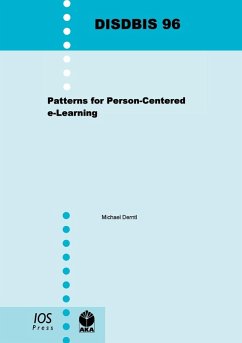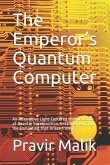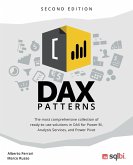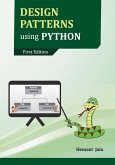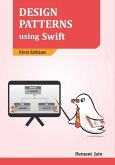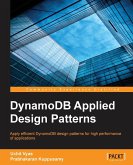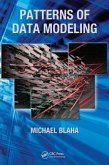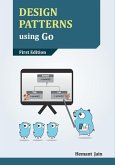Several case studies showed that introducing Person-Centered e-Learning (PCeL) is more demanding with respect to time, competence, and facilitative skills than conventional teaching. This is the starting point for the basic research question underlying this research: How can successfully conducted PCeL scenarios be captured and disseminated to enable subsequent reuse across organizational boundaries? For this enterprise the author proposes a pattern-based approach to PCeL. Note that, in this context, the development of facilitative dispositions in educators is considered essential but is outside the scope of this book. The pattern approach is rooted in the field of architecture, and today is a widely accepted method to enable reuse of expert experience particularly in software design. Generally, a pattern generically describes the core of the solution to a problem that is frequently recurring within a specific context. This publication introduces a methodology for PCeL pattern mining, description, scenario modeling using the Unified Modeling Language (UML), instantiation on learning platforms, and evaluation based on BLESS, a layered model of blended learning systems. the patterns provide sets of Web templates that employ and arrange basic functionality of current Web-based learning platforms to generically specify how to optimally support the underlying learning scenario. The whole PCeL pattern collection is stored in a repository that is organized into different pattern packages."
Hinweis: Dieser Artikel kann nur an eine deutsche Lieferadresse ausgeliefert werden.
Hinweis: Dieser Artikel kann nur an eine deutsche Lieferadresse ausgeliefert werden.

